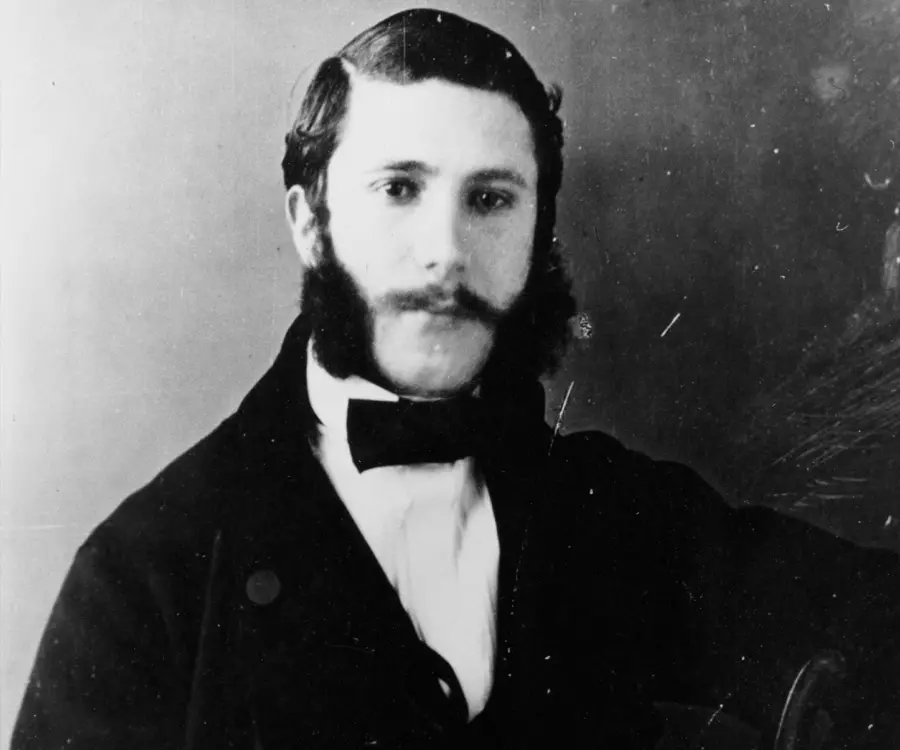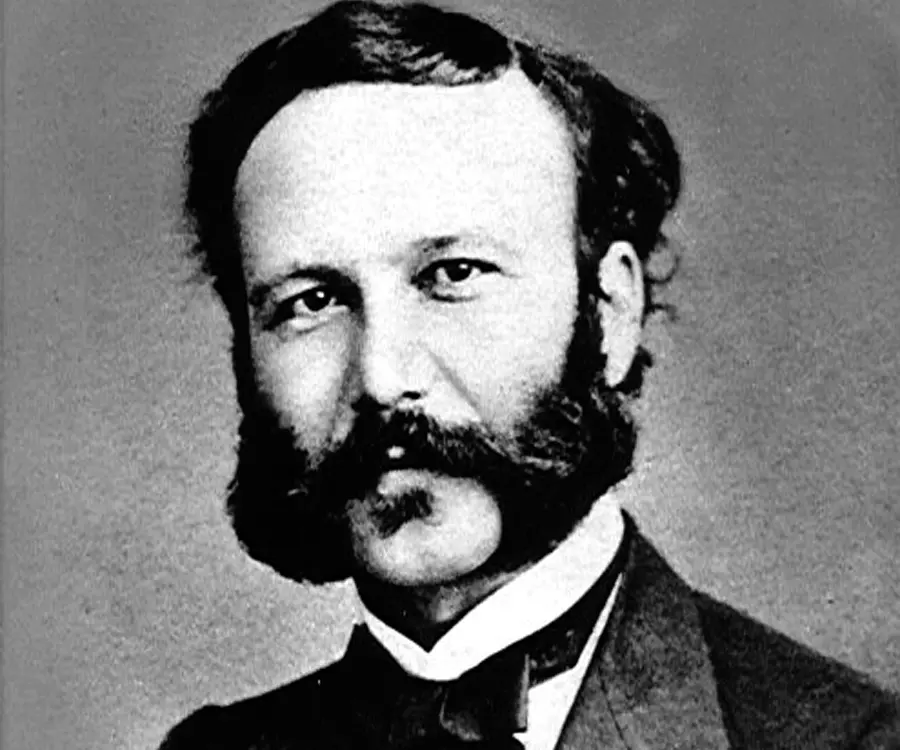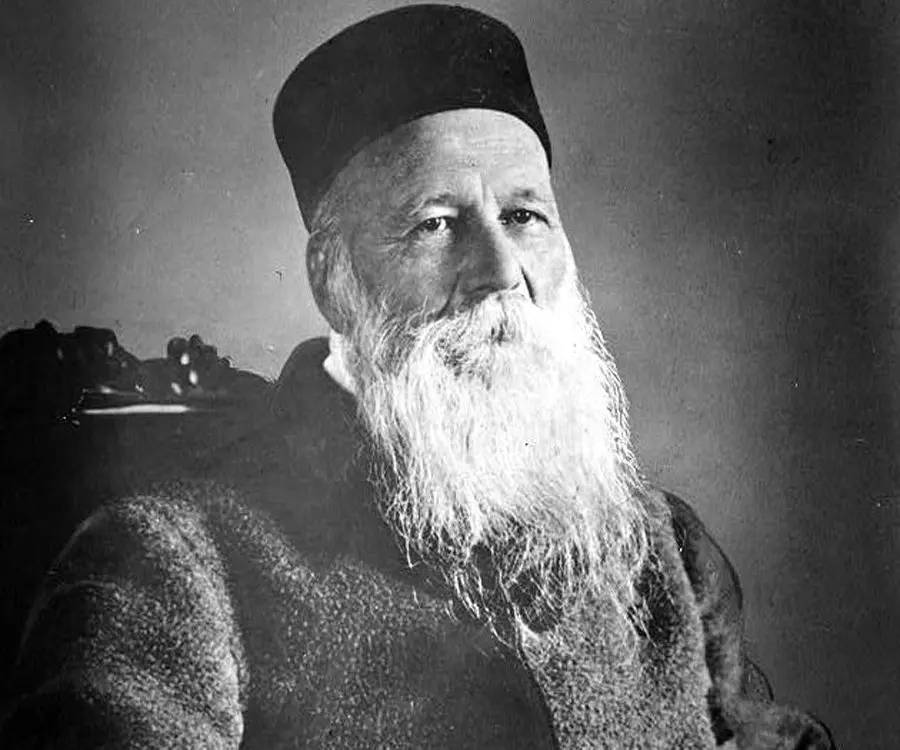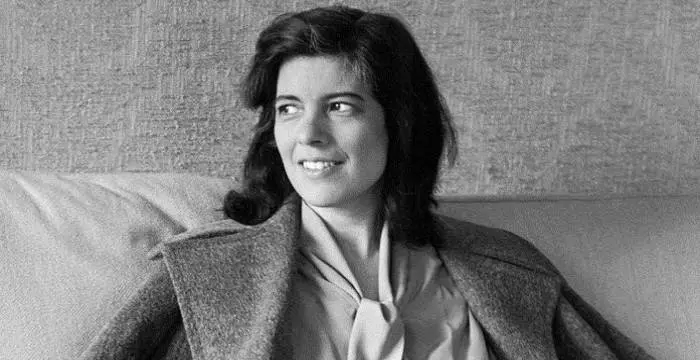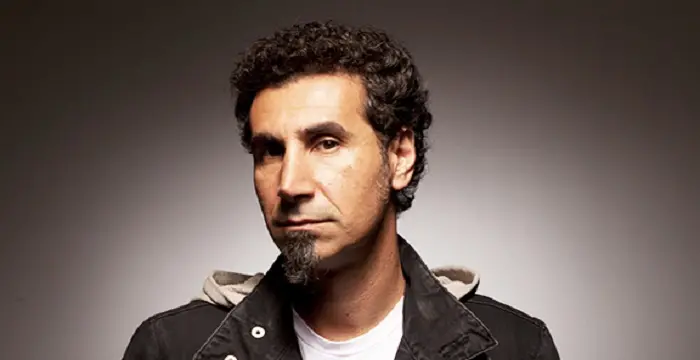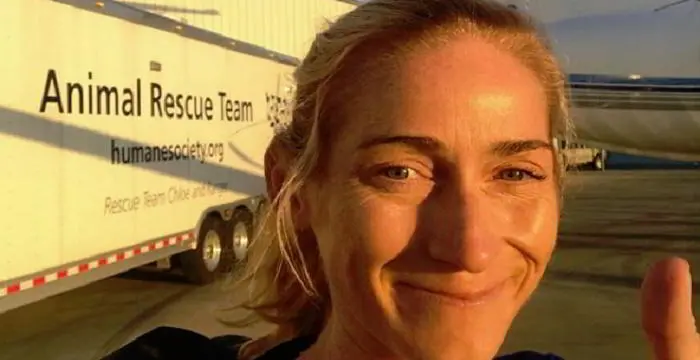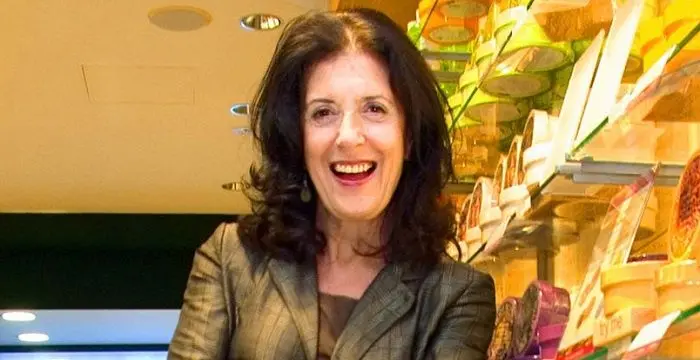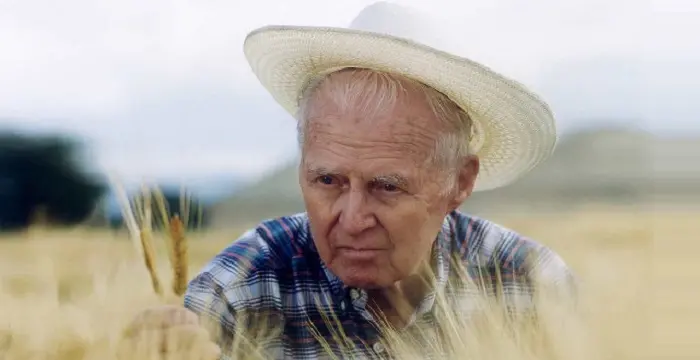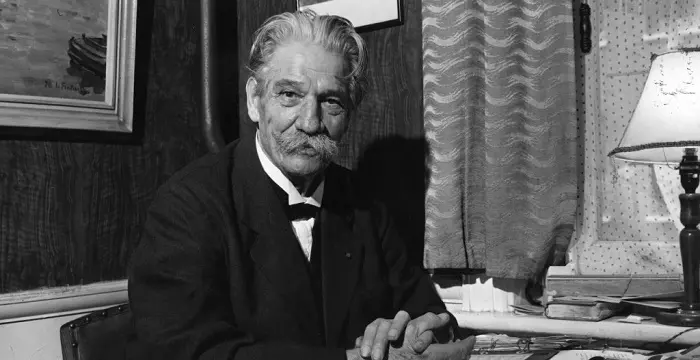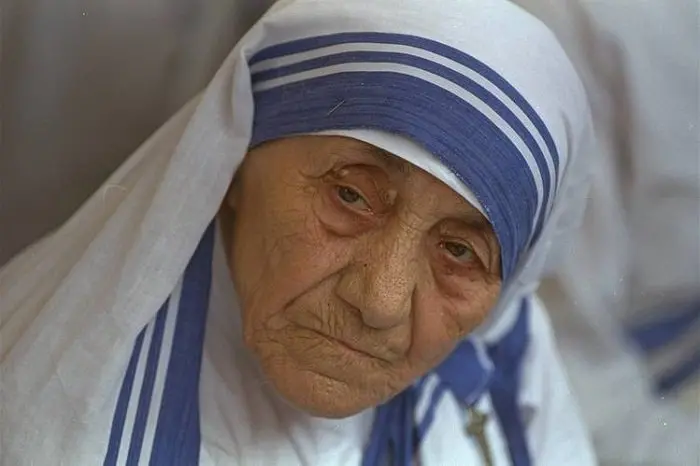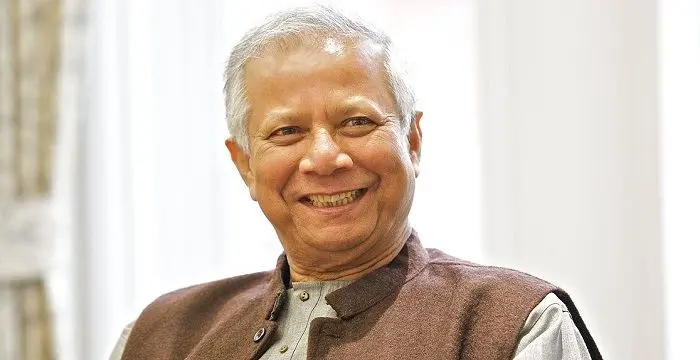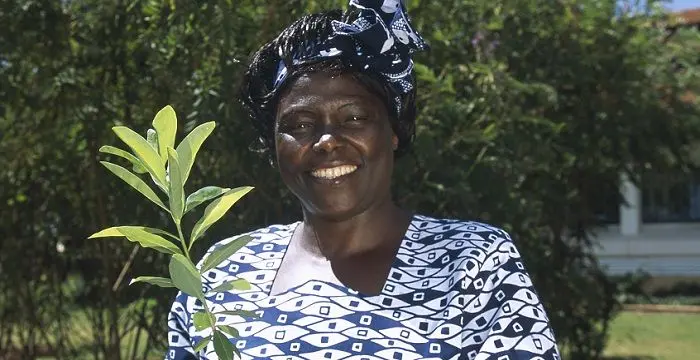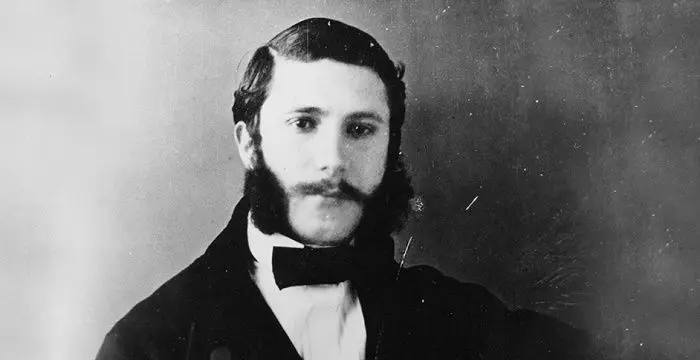
Henry Dunant - Founder of the Red Cross, Birthday and Facts
Henry Dunant's Personal Details
Henry Dunant or Jean Henri Dunant was a Swiss social and peace activist who founded the Red Cross and was the recipient of the first Nobel Peace Prize
| Information | Detail |
|---|---|
| Birthday | May 8, 1828 |
| Died on | October 30, 1910 |
| Nationality | Swiss |
| Famous | Nobel Peace Prize, Philanthropists, Activists, Human Rights Activists, Founder of the Red Cross |
| Known as | Jean Henri Dunant |
| Universities |
|
| Founder / Co-Founder |
|
| Birth Place | Geneva, Switzerland |
| Religion | Calvinism |
| Gender | Male |
| Father | Jean-Jacques Dunant |
| Mother | Antoinette Dunant-Colladon |
| Sun Sign | Taurus |
| Born in | Geneva, Switzerland |
| Famous as | Founder of the Red Cross |
| Died at Age | 82 |
Henry Dunant's photo
Who is Henry Dunant?
Henry Dunant or Jean Henri Dunant was a Swiss social and peace activist who founded the Red Cross and was the recipient of the first Nobel Peace Prize along with a French peacemaker Frederic Passy. Durant had a life that was the opposite of the rags to riches story. His life started from the home of nobility and ended up at a hospice in a small village. It encompassed the fame of giving rise to international bodies for caring of the soldiers wounded in battle to the obscurity of being shunned by all. He remained in the hospice in the obscure village till he was rediscovered and heaped with honors after many years. He was born with a silver spoon but died a pauper. He invested in a company but lost all his fortune by neglecting his business while being busy with humanitarian work. He had to dine on crumbs of bread, sleep on the pavements when he had no money. After settling his debts he left the remaining amount to his relatives and to charitable organizations. Some of this money was also used to reserve a free bed for poor patients in the hospice where he spent his last days.
// Famous Activists
Temple Grandin
Temple Grandin is a well-known American writer, autistic activist and animal expert. This biography profiles her childhood, life, achievements, career and timeline
Susan Sontag
Susan Sontag is an American critical essayist, cultural analyst, novelist, political activist, filmmaker and playwright of international repute. Read on to find out more about her childhood, career, profile and timeline.
Serj Tankian
Serj Tankian is a famous American singer-songwriter and member of the band, ‘System of a Down’. This biography profiles his childhood, music career, life, achievements and timeline.
Childhood & Early Life
Jean Henri Dunant was born in Geneva, Switzerland, on May 8, 1828, to a prosperous businessman named Jean-Jaques Dunant and a social activist named Antoinette Dunant-Colladon.
He started social work by forming ‘Thursday Association’ at the age of 18.
When he was 21, Henry Dunant had to leave College Calvin as his grades were not up to the mark.
Career
He joined a banking firm named ‘Lullin et Sautter’ as an apprentice in 1849.
In 1856, he founded a multinational company ‘Financial and Industrial Company of Mons-Djemila Mills’ and bought land in Algeria to grow corn.
He arrived at the town of Solferino, Lombardy, Northern Italy, on June 24, 1859 to bring to the notice of Napoleon III the uncooperative attitude of local Algerian authorities.
He came face-to-face with a battle between the French-Sardinian forces under Napoleon III and the Austrian troops which had left more than 40,000 troops dead, dying or wounded and was moved by their suffering.
He procured medical aid and food, organized civilian nursing and got the release of captive Austrian doctors to help with the wounded soldiers irrespective of their nationalities.
On February 9, 1863, the ‘Geneva Society for Public Welfare’ headed by the Swiss lawyer Gustave Moynier formed a committee of five people after discussing his ideas of helping wounded soldiers.
On February 17, 1863, the ‘International Red Cross’ society was founded during the committee’s first meeting despite disagreements about the neutrality of the society.
Under the leadership of Dunant and Moynier in October 1863, 14 nations decided to set up an organization to care for soldiers wounded in battle.
The ‘Geneva Convention’ came into being on August 22, 1864 which was signed by 12 nations.
In March 1867 Dunant left Geneva never to return again.
In April 1867 Dunant had to declare bankruptcy when his company failed.
He lost his membership and the post of Secretary of the International Committee on August 25, 1868. He was also expelled from the YMCA.
The ‘Geneva Trade Court’ condemned Durant of business malpractices August 17, 1868.
During the Franco-Prussian conflict from 1870 to 1871, he founded the ‘Common Relief Society’ to help soldiers wounded in battle.
Hounded by debtors and especially Moynier, Dunant spent the period from 1874 to 1886 in abject poverty while staying in the cities of Rome, Basel, Corfu, Karlsruhe and Stuttgart.
In July 1887 he shifted to the small Swiss village named Heiden which he had visited with some Stuttgart friends in 1881.
In 1890 he was made the honorary president of the temporary Heiden chapter of the Red Cross founded by Susanna Sonderegger, the wife of a teacher named Wilhelm Sonderegger.
On April 30, 1892 he became very sick and took up quarters in a hospice in Heiden where he remained till his death.
Georg Baumberger, the editor-in-chief of ‘St. Gall’, met him in Heiden and brought out his contributions to the formation of the International Red Cross Society in 1895. This was corroborated in 1897 in a book written by Rudolf Muller, a teacher in Stuttgart whom Durant had met there.
Jean Henri Dunant wrote his first book titled ‘An account of the regency in Tunis’ in 1853 after coming back from an assignment to Tunisia, Sicily and Algeria which was published in 1858 which had a chapter on slavery.
He wrote his second book titled ‘A Memory of Solferino’ in 1859 which was published in 1862. The book described the battle, the cost of human lives lost and the chaos that followed later.
Awards & Achievements
Georg Baumberger’s article helped him to get the Swiss Binet-Fendt Prize in 1895. Pope Leo XIII also sent him a note of appreciation.
Rudolf Muller’s book helped him to receive the first Nobel Peace Prize in 1901 along with the French pacifist Frederic Passy.
Personal Life & Legacy
Jean Henri Dunant died in the Heiden hospice in Switzerland on October 30, 1910. He left behind a daughter from his marriage.
He had suffered from depression and paranoia during his life in Heiden.
His birthday on May 8 of every year is celebrated as the ‘World Red Cross Day’
The hospice is now called the ‘Henry Dunant museum’. Streets and roads in many cities of the world including Geneva are named after him.
Humanitarian Work
His movement for aiding wounded soldiers in battle and activity in forming the ‘Red Cross’ is considered as the greatest achievement in the nineteenth century.
Trivia
Though Jean Henri Durant was a Calvinist in his younger days and became an agnostic in his later life.
// Famous Human Rights Activists
Michael Bolton
Michael Bolton is a Grammy Award winning singer and songwriter. Read this biography to learn more about his childhood, profile, life and timeline.
Maggie McGuane
Maggie McGuane is the daughter of Canadian-American actress and activist Margot Kidder. Check out this biography to know about her family, personal life, age, birthday, etc.
Anita Roddick
Anita Roddick was the founder of ‘The Body Shop’, the popular cosmetic brand. This article offers detailed information about her life, career, profile, humanitarian works and timeline
Henry Dunant's awards
| Year | Name | Award |
|---|---|---|
Other | ||
| 0 | Nobel Peace Prize (1901) | |
Henry Dunant biography timelines
- // 8th May 1828Jean Henri Dunant was born in Geneva, Switzerland, on May 8, 1828, to a prosperous businessman named Jean-Jaques Dunant and a social activist named Antoinette Dunant-Colladon.
- // 1849He joined a banking firm named ‘Lullin et Sautter’ as an apprentice in 1849.
- // 1853 To 1858Jean Henri Dunant wrote his first book titled ‘An account of the regency in Tunis’ in 1853 after coming back from an assignment to Tunisia, Sicily and Algeria which was published in 1858 which had a chapter on slavery.
- // 1856In 1856, he founded a multinational company ‘Financial and Industrial Company of Mons-Djemila Mills’ and bought land in Algeria to grow corn.
- // 1859 To 1862He wrote his second book titled ‘A Memory of Solferino’ in 1859 which was published in 1862. The book described the battle, the cost of human lives lost and the chaos that followed later.
- // 24th Jun 1859He arrived at the town of Solferino, Lombardy, Northern Italy, on June 24, 1859 to bring to the notice of Napoleon III the uncooperative attitude of local Algerian authorities.
- // 9th Feb 1863On February 9, 1863, the ‘Geneva Society for Public Welfare’ headed by the Swiss lawyer Gustave Moynier formed a committee of five people after discussing his ideas of helping wounded soldiers.
- // 17th Feb 1863On February 17, 1863, the ‘International Red Cross’ society was founded during the committee’s first meeting despite disagreements about the neutrality of the society.
- // Oct 1863Under the leadership of Dunant and Moynier in October 1863, 14 nations decided to set up an organization to care for soldiers wounded in battle.
- // 22nd Aug 1864The ‘Geneva Convention’ came into being on August 22, 1864 which was signed by 12 nations.
- // Mar 1867In March 1867 Dunant left Geneva never to return again.
- // Apr 1867In April 1867 Dunant had to declare bankruptcy when his company failed.
- // 17th Aug 1868The ‘Geneva Trade Court’ condemned Durant of business malpractices August 17, 1868.
- // 25th Aug 1868He lost his membership and the post of Secretary of the International Committee on August 25, 1868. He was also expelled from the YMCA.
- // 1870 To 1871During the Franco-Prussian conflict from 1870 to 1871, he founded the ‘Common Relief Society’ to help soldiers wounded in battle.
- // 1874 To 1886Hounded by debtors and especially Moynier, Dunant spent the period from 1874 to 1886 in abject poverty while staying in the cities of Rome, Basel, Corfu, Karlsruhe and Stuttgart.
- // Jul 1881 To Jul 1887In July 1887 he shifted to the small Swiss village named Heiden which he had visited with some Stuttgart friends in 1881.
- // 1890In 1890 he was made the honorary president of the temporary Heiden chapter of the Red Cross founded by Susanna Sonderegger, the wife of a teacher named Wilhelm Sonderegger.
- // 30th Apr 1892On April 30, 1892 he became very sick and took up quarters in a hospice in Heiden where he remained till his death.
- // 1895 To 1897Georg Baumberger, the editor-in-chief of ‘St. Gall’, met him in Heiden and brought out his contributions to the formation of the International Red Cross Society in 1895. This was corroborated in 1897 in a book written by Rudolf Muller, a teacher in Stuttgart whom Durant had met there.
- // 1895Georg Baumberger’s article helped him to get the Swiss Binet-Fendt Prize in 1895. Pope Leo XIII also sent him a note of appreciation.
- // 1901Rudolf Muller’s book helped him to receive the first Nobel Peace Prize in 1901 along with the French pacifist Frederic Passy.
- // 30th Oct 1910Jean Henri Dunant died in the Heiden hospice in Switzerland on October 30, 1910. He left behind a daughter from his marriage.
// Famous Nobel Peace Prize
Emily Greene Balch
Emily Greene Balch was an American economist, sociologist and pacifist who won the 1946 Nobel Peace Prize. This biography of Emily Greene Balch provides detailed information about her childhood, life, achievements, works & timeline.
Norman Borlaug
Norman Borlaug was an American biologist known as the “Father of the Green Revolution”. This biography of Norman Borlaug provides detailed information about his childhood, life, achievements, works & timeline.
Albert Schweitzer
Albert Schweitzer was a German born French theologian, organist, philosopher, physician, and medical missionary. Check out this biography to know about his childhood, family life, and achievements.
Mother Teresa
All through her life, Mother Teresa served people selflessly. Read the biography and learn about Mother Teresa’s childhood, life and timeline.
Muhammad Yunus
Muhammad Yunus is the founder of the Grameen Bank in Bangladesh and the recipient of the 2006 Nobel Peace Prize. This biography of Muhammad Yunus provides detailed information about his childhood, life, achievements, works & timeline.
Wangari Maathai
Wangari Maathai was an environmentalist who won the prestigious Nobel Peace Prize Award. Go through this biography to explore details about her life, childhood, and timeline.
Henry Dunant's FAQ
What is Henry Dunant birthday?
Henry Dunant was born at 1828-05-08
When was Henry Dunant died?
Henry Dunant was died at 1910-10-30
Where was Henry Dunant died?
Henry Dunant was died in Heiden
Which age was Henry Dunant died?
Henry Dunant was died at age 82
Where is Henry Dunant's birth place?
Henry Dunant was born in Geneva, Switzerland
What is Henry Dunant nationalities?
Henry Dunant's nationalities is Swiss
What was Henry Dunant universities?
Henry Dunant studied at Collège Calvin
Which company or organization was founded by Henry Dunant?
Henry Dunant was the founder/co-founder of International Committee of the Red Cross, International Red Cross and Red Crescent Movement, International Federation of Red Cross and Red Crescent Societies, Zimbabwe Red Cross Society, Swiss Red Cross
What is Henry Dunant's religion?
Henry Dunant's religion is Calvinism
Who is Henry Dunant's father?
Henry Dunant's father is Jean-Jacques Dunant
Who is Henry Dunant's mother?
Henry Dunant's mother is Antoinette Dunant-Colladon
What is Henry Dunant's sun sign?
Henry Dunant is Taurus
How famous is Henry Dunant?
Henry Dunant is famouse as Founder of the Red Cross
